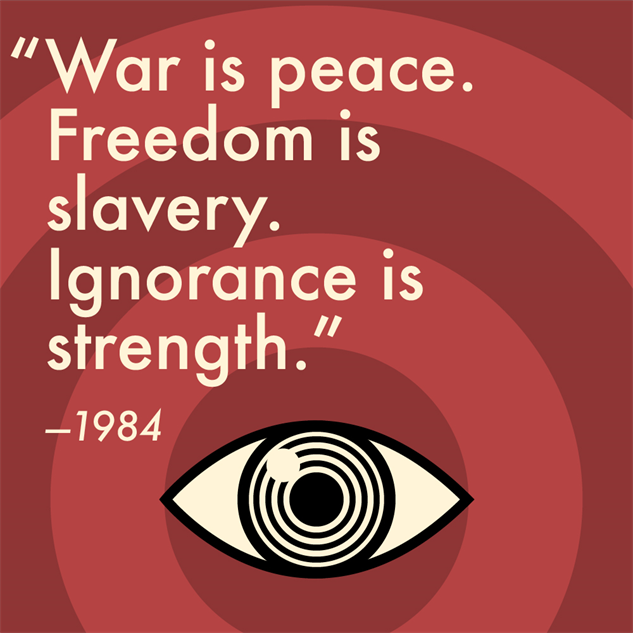How should a Christian respond to the evil and wickedness in his culture? What should the body of Christ be doing about the corruption that surrounds her? Should pastors, bible teachers, Christian authors, and those on the vanguard of Christian thought and Christian worldview be speaking out?
I'm of the firm conviction that the body of Christ should "speak out" against evil and the trends of our culture. But how do we "speak out?" Can we run the risk of just becoming moral crusaders? Can we get side-tracked with being a moral voice and totally miss the gospel? Is the gospel simply raising our voices against the evil that surrounds us?
That's a lot of questions and they are there to get you to think. Questions are good, they probe and cause us to stop and evaluate our motives and our course of action. Are we following the biblical blue print? Are we missing the mark of what the true calling of the Church is? So, take the time and ask yourself these question and form a solid Christian worldview concerning your mission and your response to the cultural madness that surrounds you every day.
One book that had the greatest impact on my Christian life was Bonhoeffer: Pastor, Martyr, Prophet, Spy, by Eric Metaxas. Bonhoeffer, lived in Hitler's Nazi Germany where he was forced to take a stand and speak out against the evils of Nazism. Bonhoeffer like many of his peers in the ministry could have stayed safely tucked away in his Church or academic studies. Bonhoeffer could have rationalized and compromised like many of his contemporaries did, and say that his job was to be a pastor and not to get entangled with the things of this life.
The majority by far in the state run Lutheran Church accepted the Nazization of the Church. One of Bonhoeffer's close friends and fellow Lutheran Pastors, Martin Niemoller, who at first decided to stay silent and accept the Nazization of the Church; and rationalize away the evil that was perpetrated upon his fellow countrymen by the Nazi machine wrote this poem about his error of staying silent:
In Germany they came first for the Communists, and I didn't speak up because I wasn't a Communist. Then they came for the Jews, and I didn't speak up because I wasn't a Jew. Then they came for the trade unionists, and I didn't speak up because I wasn't a trade unionist. Then they came for the Catholics, and I didn't speak up because I was a Protestant. Then they came for me, and by that time no one was left to speak up."
The question for me is how big is the gospel? Is the gospel just mans eternal salvation? Or as citizens of God's Kingdom are we under compulsion to speak for the oppressed, denounce evil and sin, and be true lights in this dark sin-sick world.
I'm sure most of my readers are familiar with the old maxim, " The only thing necessary for the triumph of evil is that good men do nothing;" by our very nature as being: salt, light, sons of righteousness, children of the Kingdom, and representatives of our Father's holiness, how can we as good men keep silent in the face of evil? How can we not speak out against the evil trends in our society that are ripping the very fabric or our culture apart?
Our Savior and master teacher taught us to be wise as serpents, but harmless as doves---this is the advice that I would give to any believer who is bold enough to stand on the rooftop and denounce sin, evil and oppression. How one speaks out, how one accomplishes the mission may be different, but my plea to the body of Christ is not to go to sleep and say it's not my job.
1 Corinthians 16:13-14
Be on your guard; stand firm in the faith; be courageous; be strong. Do everything in love.







